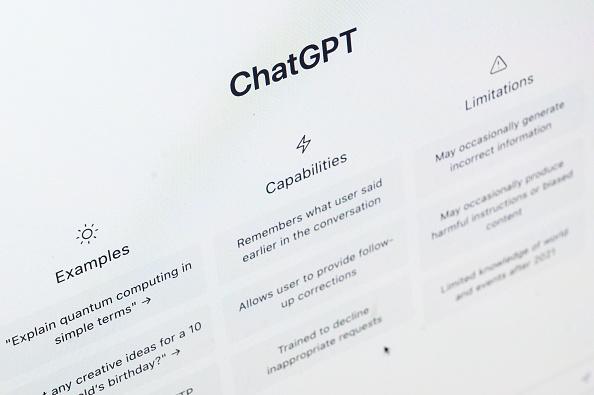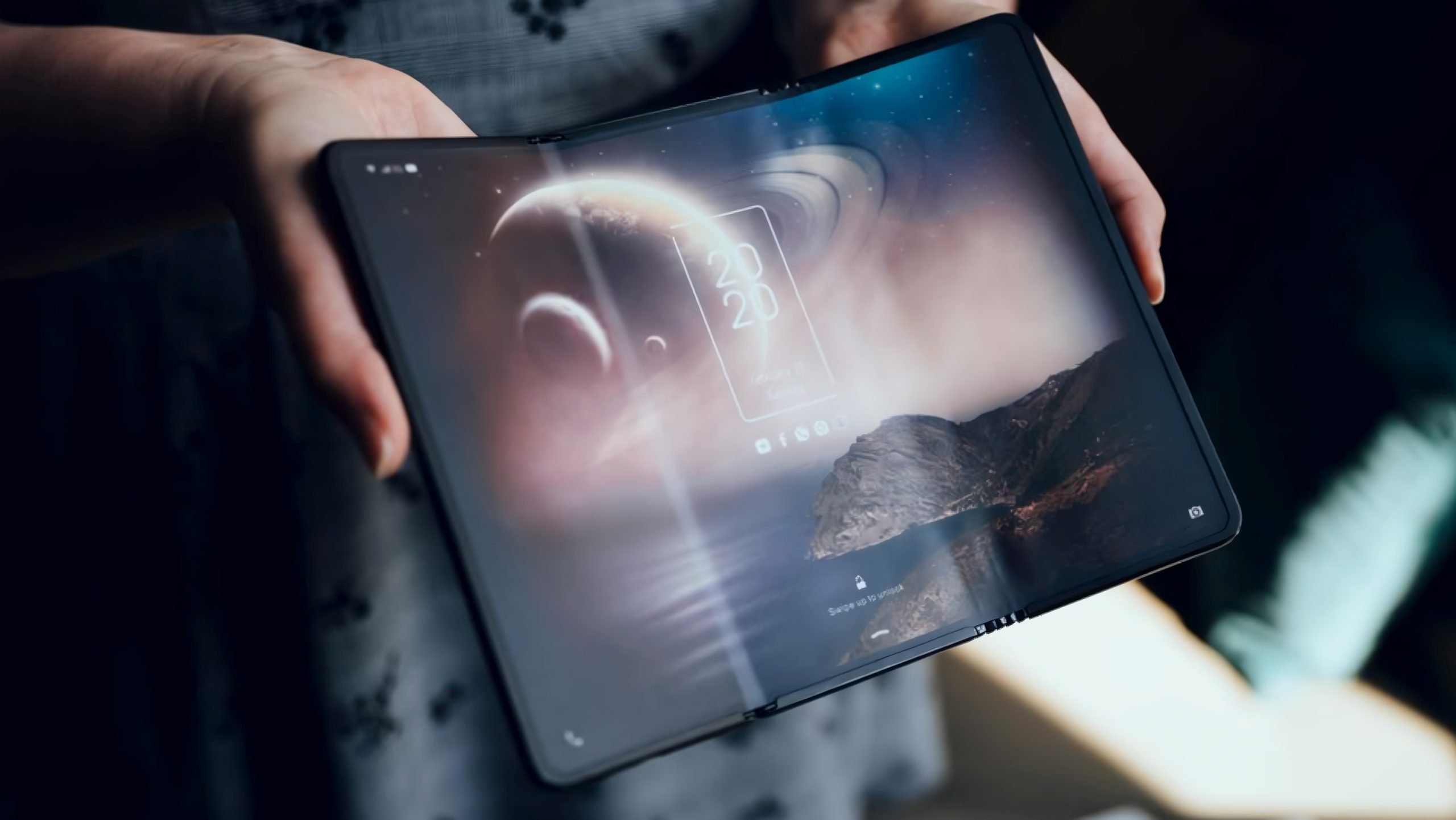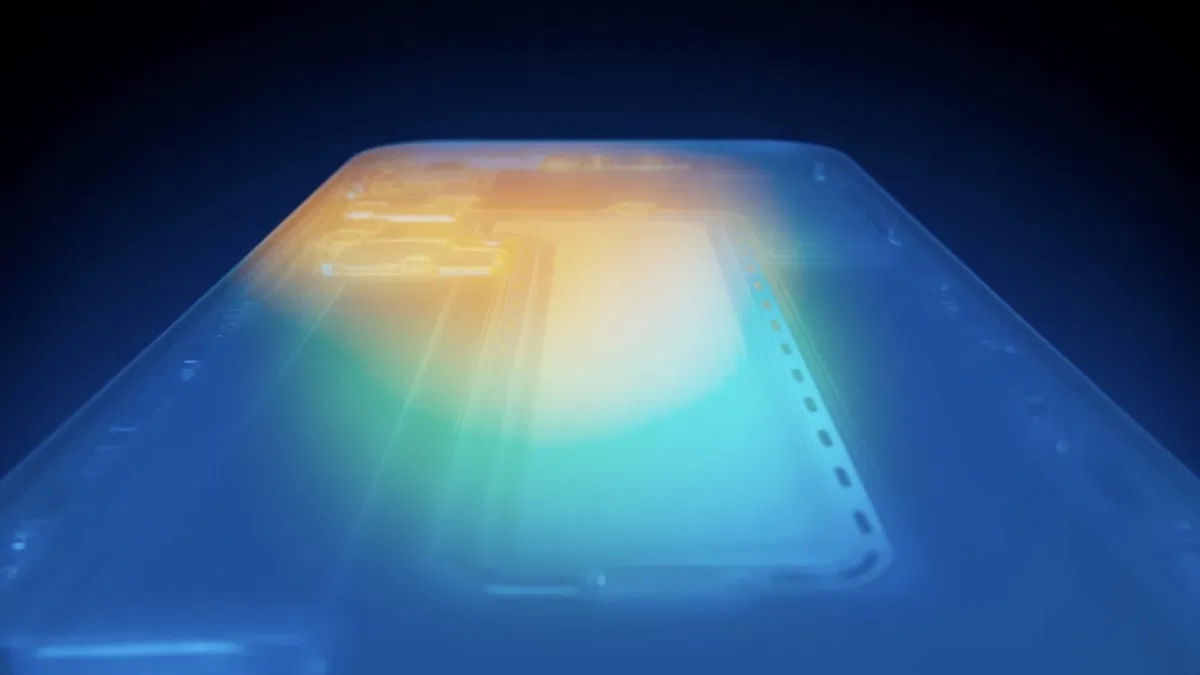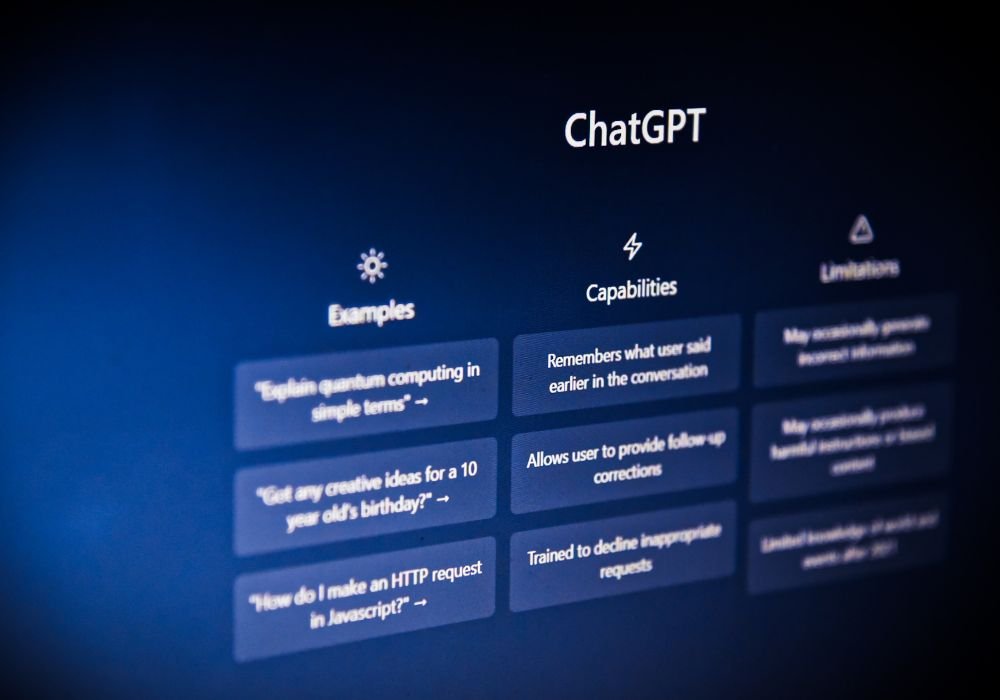With the rise of various platforms that provide access to artificial intelligence, various discussions regarding the readability of ChatGPT have emerged on the internet recently. The chatbot in question has become very popular among internet users, especially due to its ability to create text from databases in seconds.
Many legal questions have arisen based on considerations of how the use of ChatGPT may affect people, including their professions: After all, can ChatGPT be a legal tool? Check out more details on the subject below. Entertainment!
How does ChatGPT work?
Serving as an Artificial Intelligence system that can process thousands of data in a short time, ChatGPT uses a pre-programmed knowledge base that will operate until 2021.
Therefore, users must ask questions and even make requests on the platform to access it so that answers are generated with consistency and contextualization from this pre-existing base.
In general terms, ChatGPT, as the name suggests, also serves as a conversation tool with Artificial Intelligence. Considering that the knowledge base is quite solid, you can gradually develop a wide variety of types of topics on the platform.
However, ChatGPT should not serve as a resource for research because: As Artificial Intelligence, it is also prone to making mistakes. On social media, it is common for people to show negative examples about chatbots, where incorrect information is conveyed without any filtering.
With this in mind, the platform can be very useful in many situations, such as explaining difficult-to-interpret passages of texts formulated by human action, suggesting themes, agendas and topics to be addressed in social networks and helping to formulate them. For example, exercises and activities for studies.

Artificial Intelligence legislation
The debate in legal circles regarding the readability of ChatGPT is quite extensive. In this sense, lawyers and professionals working in the field have different opinions on the subject, taking into account the jurisprudence and the events occurring in society.
According to Sérgio Vieira, lawyer and managing partner of Nelson Wilians Advogados, the use of artificial intelligence is quite new and therefore also creates new situations for legal discussions.
Currently, it is possible to highlight other types of behavior, such as cybercrimes, for which those who use the tool to commit illegal actions are held criminally liable.
“Artificial Intelligence has developed more strongly and become popular in recent times, so there is still little specific legislation on this topic,” Vieira emphasized.
“This is not an easy task as it involves a number of different aspects and issues, such as copyright, use of databases, development liability and users,” the lawyer added.
Again, according to Sérgio Vieira, ChatGPT offers nothing newGiven that the platform uses pre-existing databases and information to generate its answers.
“It is necessary to focus on the rights and the way in which the data used to power the platform is used,” he emphasized. He concluded: “The tool itself is legal, but the way it is used can create illegal attitudes.”

Understand the legal risks ChatGPT may present
ChatGPT has its own internal rules that should not be violated. Users demonstrate that they are aware of these rules by agreeing to pre-determined terms through username and password access, such as not insulting or sustaining insults or writing profanities.
As lawyer Sérgio Vieira points out, there are several aspects that need to be taken into account during a discussion about the legal risks that the chatbot presents to its users. This article even touched upon one of them: misinformation that the platform can cause.
The contents used by the ChatGPT database are dated until 2021. Therefore, information on certain topics was not added to the AI, which could be harmful to many people who do not have access to these details.
There are also many concerns about the spread of this misinformation, as texts can be shared according to their own opinions.
Another issue to consider is copyright. Many people have seen the ability to create text in ChatGPT with almost no effort. Taking this convenience into consideration, many journalists and writers began to see the platform as a threat.

In this context, it is worth emphasizing that the chatbot is not used to verify plagiarism and cannot be used for this purpose, because it was not created for this exact purpose and may introduce errors in the process. There are also reports on social media about these two types of cases, showing the damage the platform can cause to social interactions.
Finally, it should be noted that: Hacker threats that can be improved by using ChatGPT. While the platform claims to be protected against cybersecurity issues and provides controls for certain responses, what is the guarantee that users are safe?
In the CyberArk survey published by Forbes in May this year, scientists managed to collect cybersecurity-related data, which showed that it was possible to create malware codes with ChatGPT by bypassing certain content filters on the platform.
Therefore, the readability of this chatbot will raise many controversial discussions in the coming years as well.
Did you like the content? So stay tuned here TecMundo To follow more discussions about the advancement of technology and similar trends!
Source: Tec Mundo
I am a passionate and hardworking journalist with an eye for detail. I specialize in the field of news reporting, and have been writing for Gadget Onus, a renowned online news site, since 2019. As the author of their Hot News section, I’m proud to be at the forefront of today’s headlines and current affairs.











